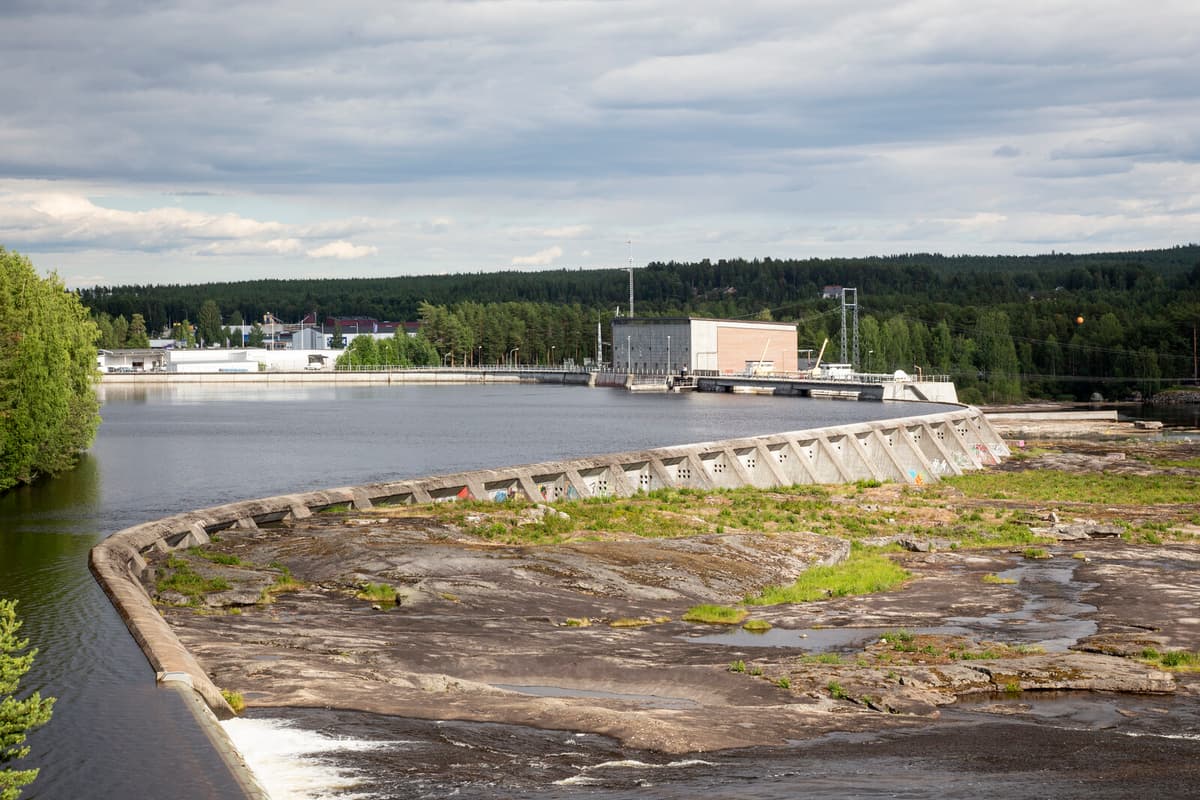Hydropower is Sweden's electrical backbone and accounts for the largest part of Swedish electricity production. So when the water reservoirs are well-filled, it's of course good, it lowers the electricity price for consumers.
But it's also becoming increasingly problematic, according to the electricity producers' industry organization Energiföretagen.
Profitability is at risk of withering, says Magnus Thorstensson, electricity market analyst at Energiföretagen.
"Extremely large difference"
Normally, the level in the water reservoirs bottoms out at around 20 percent before the spring flood arrives – water that will produce electricity during the coming winter.
This year, the bottom level has turned around at a record high of 50 percent. This can be translated to approximately 10 TWh more energy than usual, which corresponds to about one-fifth of what all Swedish nuclear power produces in a year.
It's an extremely large difference compared to how it usually is, says Thorstensson.
One explanation is that the spring flood started earlier, it has been warmer than normal, which can make the remaining water supply lower. But another important reason is all the wind power that has come in recent years. Then less hydropower is needed, the water can be saved like a battery.
It's fantastic. But the consequence is also that as long as power is locked in (cannot be transported south in sufficient extent), profitability will wither and it will affect the willingness to reinvest in the long run, says Thorstensson.
Increased uncertainty
Another effect is that water is forced to be released on the side without passing through the turbines – the water reservoirs cannot become too full.
The answer is as repeatedly said, more power grids.
We must be able to get the power out from there.
It would be beneficial both for producers in the north and for consumers in southern Sweden who pay significantly higher electricity prices, according to Thorstensson.
The alternative, at least for electricity producers, is significantly more electricity consumption in Norrland. And there are, as is well known, large electricity-intensive industrial investments announced, but uncertainty has increased, among other things, LKAB has postponed some future plans, and Northvolt went bankrupt. Even in a broader perspective across the whole country, electricity consumption has not increased at all, not yet in any case, despite all talk of increased electrification.
The consequence of this is that electricity exports are steadily reaching new records.






